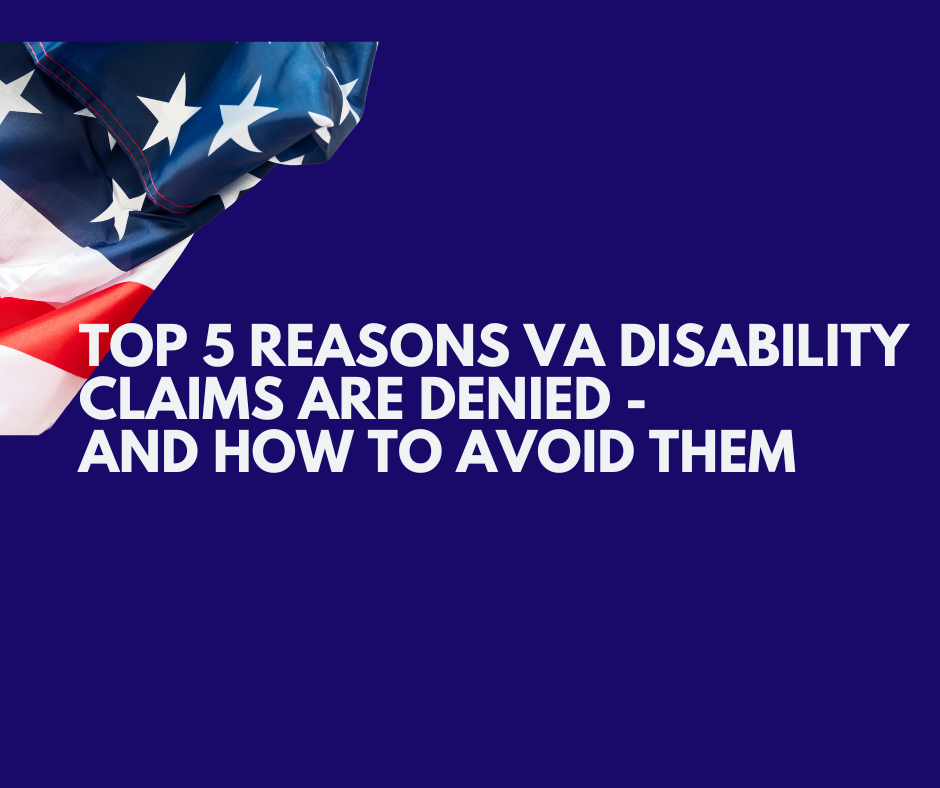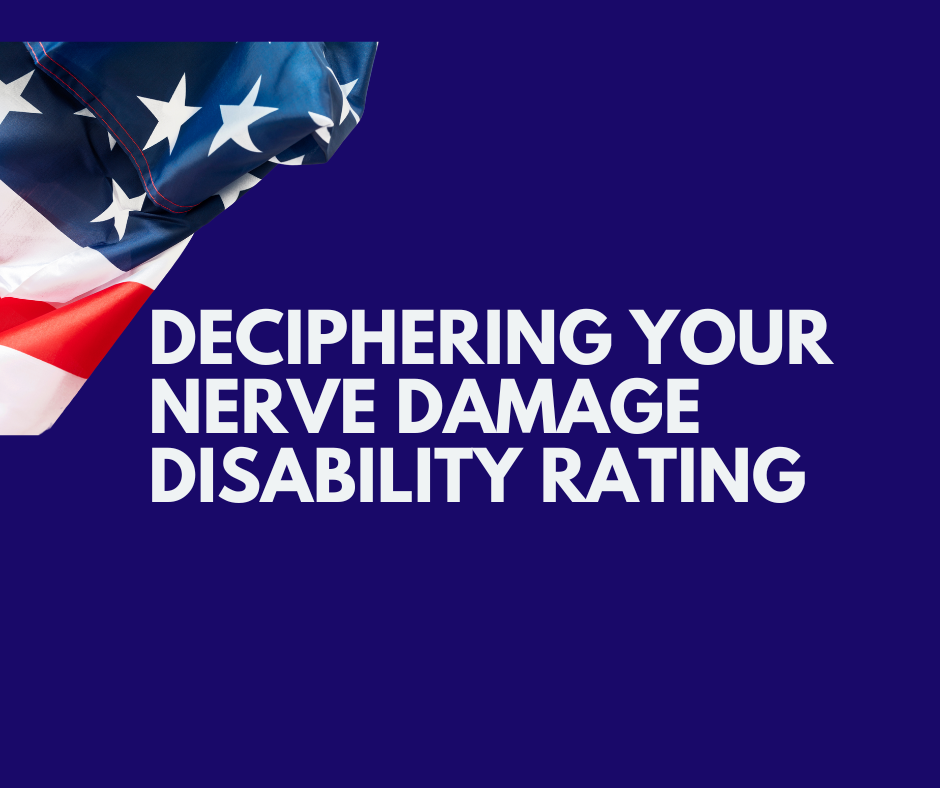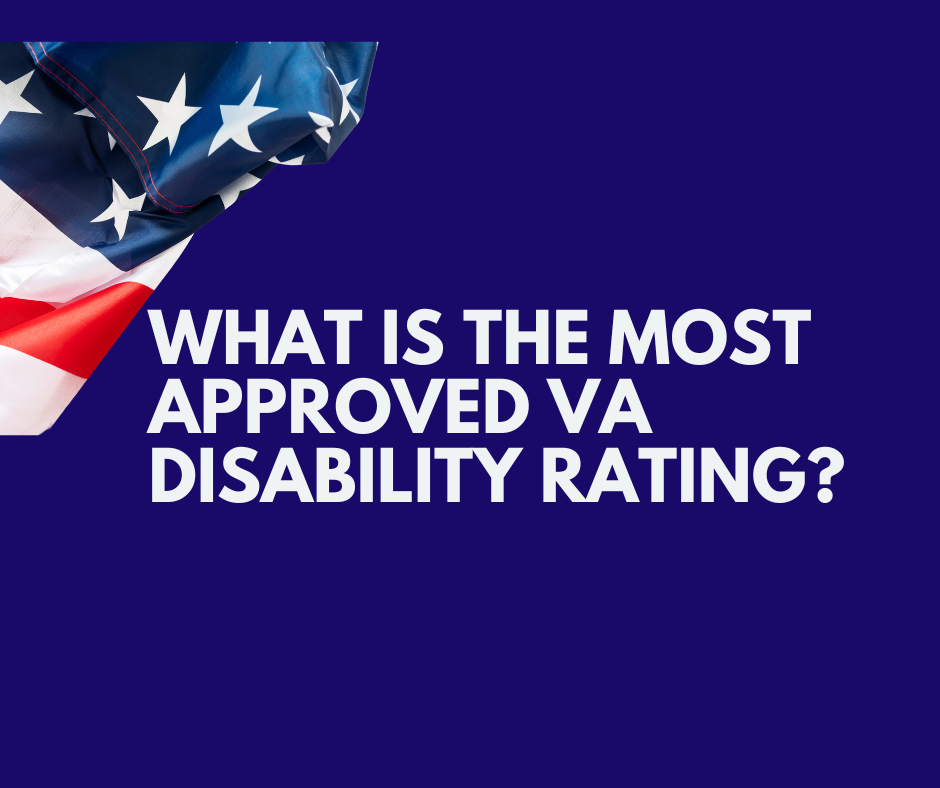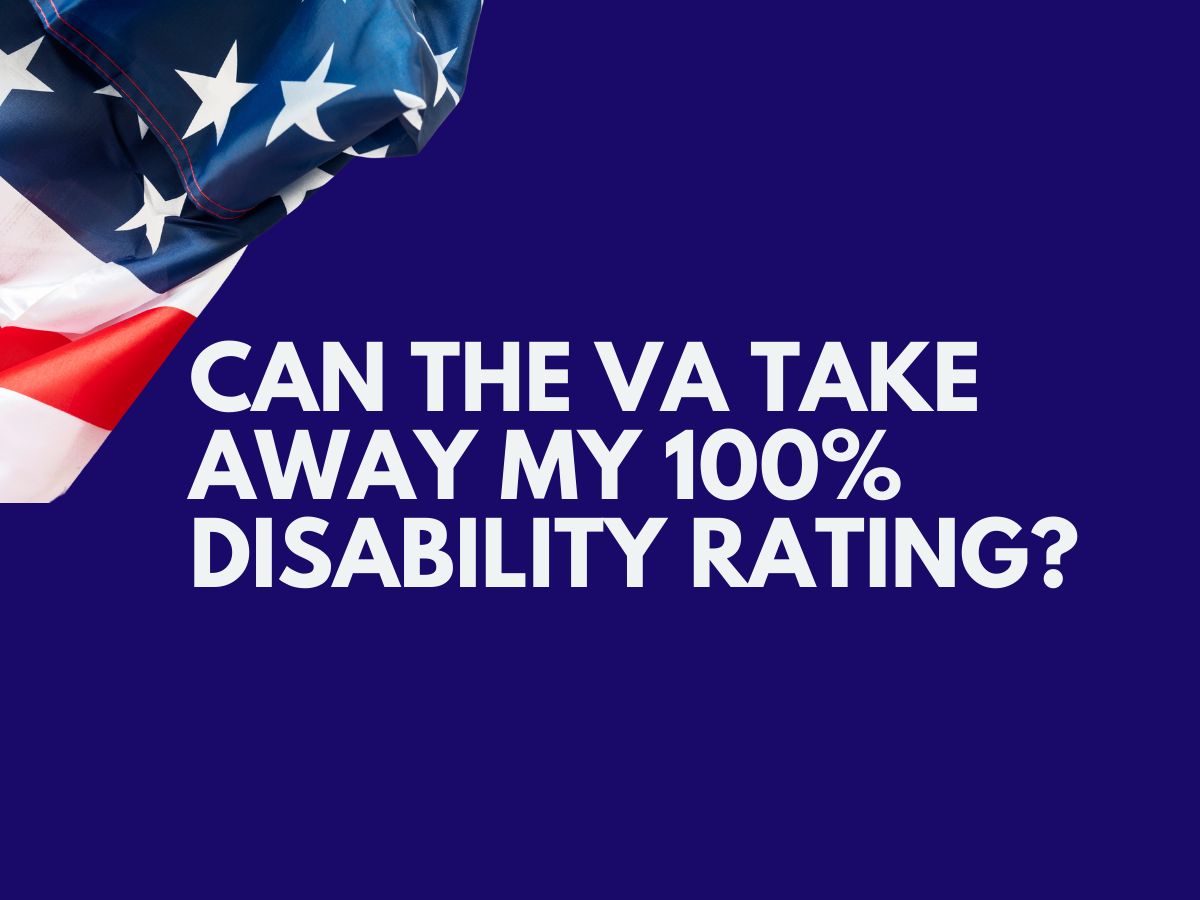A protected rating plays a crucial role in ensuring the long-term stability of VA benefits. Once a VA rating is protected, it becomes difficult for the VA to reduce or terminate the existing VA disability rating without substantial evidence of material improvement. The protected ratings provide veterans with a sense of security, allowing them to plan for their future while relying on the VA compensation they deserve.
What is the VA Disability 10 Year Rule?
According to the 10-year rule regarding disability ratings, the U.S. Department of Veterans Affairs ("VA") cannot terminate a disability rating that has been established for a minimum of 10 years, unless the VA can prove fraud. The 10-year timeframe is measured from the effective date of the VA's initial decision to grant service connection for the VA disability.
However, it is important to note that the VA does have the authority to reduce a VA disability rating after the 10-year mark if there is material evidence of sustained improvement of the veteran's condition over time. This reduction in rating is based on objective medical findings that demonstrate a material improvement in the veteran's ability to function under the ordinary conditions and stressors of life and work and evidence of progress on a sustained basis in the veteran's overall health and functioning. A reduction cannot be based on a single VA exam.
When Can the VA Reevaluate, Terminate or Lower Your VA Rating?
The VA has the authority to re-evaluate veterans for disability benefits under certain circumstances. Re-evaluations, also known as reexaminations or routine future examinations, are conducted to ensure that veterans' disability ratings accurately reflect their current medical condition. The purpose of these re-evaluations is to assess whether there has been any improvement, worsening, or change in the severity of a service-connected disability.
The decision to initiate a re-evaluation depends on various factors, including the nature of the disability, the likelihood of improvement, and the specific regulations governing the condition. Typically, the VA may consider re-evaluating a veteran's benefits if there is a reasonable possibility of improvement in their condition or if the rating was assigned as temporary or for a specific period. Additionally, certain disabilities, such as mental health conditions, may require periodic re-evaluations due to their potential for fluctuation or improvement with appropriate treatment.
It is important for veterans to be aware of the possibility of re-evaluations and stay informed about the specific regulations governing their disabilities. Re-evaluations are intended to ensure the accuracy and fairness of disability ratings, but veterans should also be proactive in managing their health and documenting any changes in their condition. By actively participating in their healthcare and providing updated medical evidence, veterans can help ensure that re-evaluations accurately reflect their current level of impairment and entitlement to benefits.
How often does the VA reevaluate ratings?
The frequency of VA disability rating reevaluations can vary depending on several factors. The VA may conduct periodic reevaluations to reassess a veteran's disability rating if there is a likelihood of improvement or if the disability is expected to exhibit changes over time. However, not all veterans will undergo routine reevaluations, as certain disabilities may be deemed permanent or have minimal chances of improvement.
The decision to initiate a reevaluation depends on factors such as the nature of the disability, the severity of the condition, and the potential for improvement. Generally, more unstable or temporary conditions may require more frequent reevaluations compared to chronic or permanent disabilities.
It is important to note that the VA's goal is to provide accurate and fair disability ratings, ensuring that veterans receive the appropriate level of compensation and benefits. While reevaluations can occur, the VA must follow specific guidelines and notify veterans in advance of any proposed changes to their ratings. Veterans also have the right to provide updated medical evidence or challenge proposed rating reductions through the appeals process.
Overall, the frequency of VA rating reevaluations is determined on a case-by-case basis, taking into consideration the specific circumstances and characteristics of each individual's disability.
When the VA will not schedule you for a reexamination
The VA may decide not to schedule a re-examination for a veteran under certain circumstances. Generally, the decision to forgo a re-examination is based on the presumption that the veteran's service connected disabilities are unlikely to improve over time. This determination takes into account factors such as the nature of the disability rating, medical evidence, and the veteran's individual circumstances.
There are several scenarios where the VA may choose not to schedule a re-examination. First, if a veteran's disability is considered a permanent disability, meaning that medical evidence indicates it is unlikely to improve, the VA may grant a permanent and total disability rating. In such cases, the veteran's disability is presumed to be a static disability, and re-examinations are unnecessary.
Additionally, if a veteran reaches a certain age or has maintained a specific disability rating for an extended period without significant change, the VA may exempt them from further re-examinations. This recognition acknowledges that the veteran is unlikely to have substantial improvement and provides veterans with the assurance of continued benefits without the burden of routine evaluations.
It is important for veterans to stay informed about the specific guidelines and regulations that govern their disability ratings to understand if they qualify for an exemption from re-examinations. While the VA prioritizes accuracy and fairness in evaluating disabilities, exemptions from re-examinations aim to reduce administrative burdens for veterans and ensure they receive ongoing support based on the stability of their conditions.
Can the VA Reduce 100% VA Ratings?
The VA has the authority to reduce a 100% disability rating under certain circumstances. While a 100% disability rating is typically considered permanent and total ("P&T"), also referred to as a static disability, there are situations where the VA may initiate a review and potentially reduce the rating.
The VA can reduce a 100% disability rating if there is evidence that the veteran's medical condition shows substantial improvement and no longer warrants the highest rating. This improvement must be supported by substantial medical records, including objective findings and clinical assessments. The VA may conduct a comprehensive re-evaluation of the veteran's medical history , medical examinations, and any additional evidence provided.
It is important to note that the VA must follow specific procedures when considering a reduction in a 100% disability rating. Veterans are entitled to due process, which includes notification of the proposal to reduce, an opportunity to present evidence and argument in support of their current rating, and the right to appeal any adverse VA decision.
While the reduction of a 100% disability rating is possible, it is a significant decision that requires a thorough examination of the veteran's medical records and the presence of substantial evidence showing sustained improvement in the medical condition.
Strategies to Challenge Reductions and Terminations
If the VA decides, either before or after the 10-year mark, that there may be grounds for severance of service connection due to a clear and unmistakable error, it is required to issue a notice of proposed severance. Similarly, if a VA rating reduction is warranted, the VA must issue a notice of proposed reduction.
Upon receiving such notices, veterans are granted a 30-day period to request a hearing and 60 days to submit new evidence to support their case.
If a veteran requests a hearing, the VA is prohibited from issuing a new rating decision until the hearing has taken place. However, it is important to note that requesting a hearing is not the only option to challenge a proposed rating reduction. Veterans also have the opportunity to simply submit evidence within the 60-day timeframe.
Following this process, if the VA issues a final decision that results in a reduction or severance of the veteran's disability rating, the veteran has the right to use the VA appeals process. They can pursue a Higher-Level Review, submit a Supplemental Claim, or file a Notice of Disagreement to challenge the VA's decision.
Can the VA reduce a Permanent and Total rating?
Yes, the VA has the authority to reduce a permanent and total evaluation (P&T) under certain circumstances. While a P&T rating is generally considered to be permanent and not subject to routine reevaluations, there are situations where the VA determines a review is necessary and potentially reduce the rating.
The VA can consider reducing a P&T evaluation if there is substantial evidence indicating a material improvement in the veteran's condition. This evidence must demonstrate that the disability has improved to the extent that it no longer meets the criteria for a total disability rating. The VA may request updated medical examinations, review medical records, and consider other relevant evidence to assess the current severity of the disability.
It's important to note that the VA must follow specific procedures when considering a reduction in a P&T evaluation. Veterans are entitled to due process, which includes notification of the proposed reduction, an opportunity to present evidence and argument in support of their current rating, and the right to appeal any adverse decisions.
While reductions of P&T evaluations are not common, they are possible if there is substantial evidence showing improvement in the veteran's condition. Veterans should actively participate in their healthcare, provide updated medical evidence, and seek assistance from accredited veterans service organizations or legal professionals if they receive a notice of a proposed reduction in their P&T evaluation.
What should you do if the VA Attempts to Reduce Your Rating?
When it comes to appealing a VA decision or a proposed rating reduction, navigating the process can be challenging. If the VA attempts to reduce your disability compensation without substantial improvement in your service-connected condition, consider seeking legal assistance from Heidi Hrabcak & Associates. We have experience in representing veterans before the Department of Veterans Affairs, at the Board of Veterans Claims and the Court of Appeals for Veterans Claims (CAVC).
Don't hesitate to reach out to Heidi Hrabcak & Associates today to schedule a free consultation and discuss your case. Our team of veterans' advocates has a proven track record of success and can provide the guidance you need to navigate the appeals process effectively and help you obtain disability compensation.









